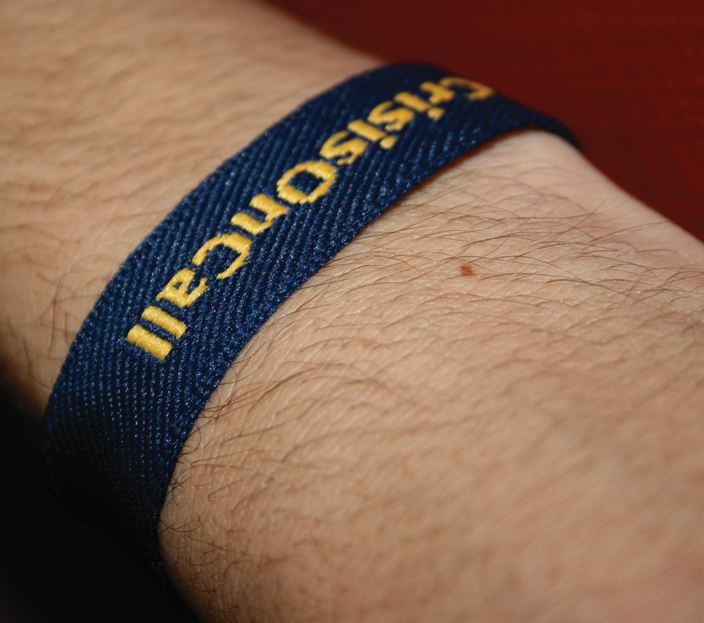A simple, yet effective, armband could have spared the Muller and Rieckert families unnecessary emotional trauma.
On August 23, Die Rapport newspaper, under the heading “Student helps family find missing person”, it was written that an unknown man was lying in the Dr George Mukhari-academic hospital in Ga-Rankuwa since June this year. The man was only reunited with his family after a student doctor posted pictures of the unknown man on several Facebook pages.
Danny Muller was severely disorientated and confused when he was admitted to the hospital in June. He could also not speak. It appeared as if he suffered from two strokes.
Danny’s family searched for months. They were placed through more trauma when they were informed that he died. Fortunately, Dr Bianca Le Roux could prove this statement to be false.
If Danny was wearing a CrisisOnCall armband he could have been identified immediately, regardless if he was in a state or private hospital. The family would have been spared the trauma. The CrisisOnCall armband has a unique number imprinted on it and emergency medical information as well as next of kin information can be accessed by healthcare workers.
There are various patient identification systems on the market, however not all of them conform to the Protection of Personal Information (POPI) Act, CrisisOnCall does. Non-adherence to the act render those products useless.
The CrisisOnCall identification system, with the help of private detectives, assisted on several occasions locating missing persons. Several products are coupled to the identification system to give members peace of mind. CrisisOnCall utilises 13 years of experience to regularly improve the system.
CrisisOnCall would like to thank Dr Bianca Le Roux for her efforts in reuniting Danny with his family and going the extra mile. The management of CrisisOnCall would thus like to provide her with free membership to CrisisOnCall.
CrisisOnCall was established on 1 October 2002. It was preceded by two years of research regarding lifesaving information required by paramedics during patient treatment. During the research a need for one national emergency number and other “peace of mind” services also came to light. The research also clearly indicated that on several occasions patients are transported to ‘incorrect’ hospitals or go missing when they are unconscious.
Also view:
